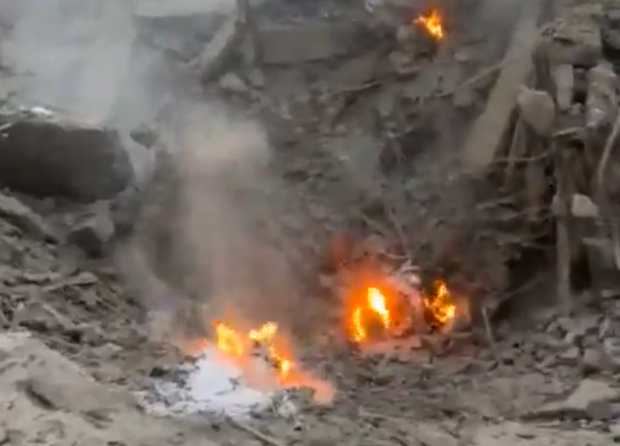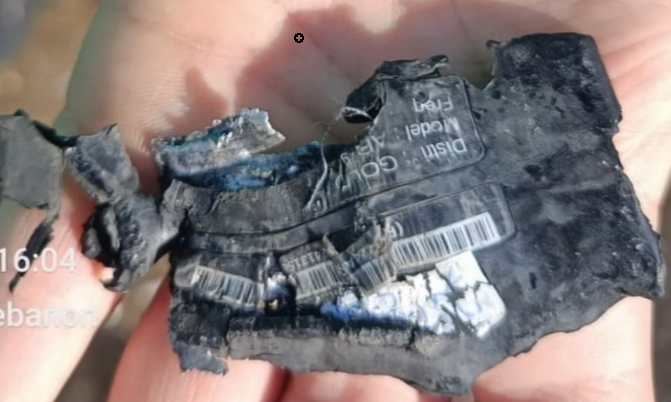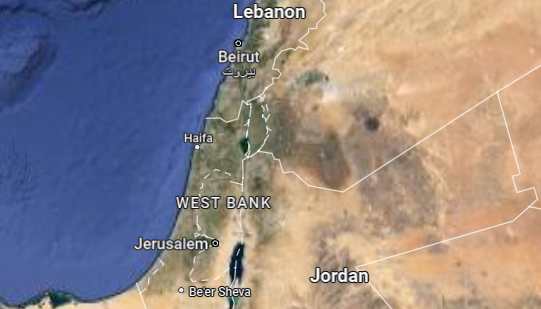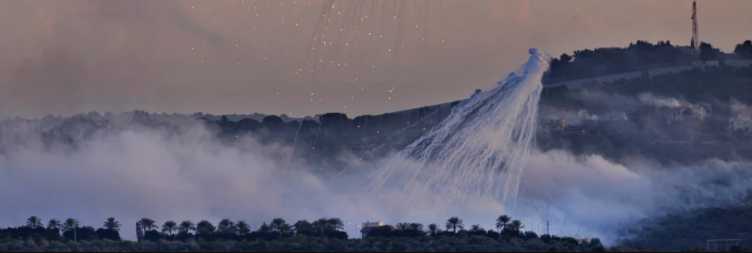In an interview on a Hezbollah-controlled television station in Lebanon, Syria's president said that he has accepted the first shipment of S-300 anti-aircraft from Russia.
In that interview, which will air today, Assad said, “Syria has received the first shipment of Russian anti-aircraft S-300 rockets.” Assad continued, “All our agreements with Russia will be implemented and parts of them have already been implemented.”
During that same interview Assad boasted that “the Syrian army has scored major victories against armed rebels on the ground and the balance of power is now with the Syrian army.”
Assad also stated that Hezbollah fighters were positioned along the border of Lebanon and Syria in the fight against the rebels. Hezbollah announced last week that they were officially aligned with Syria.
|
|
News of this shipment came just days after Russia announced that they were going to ship the anti-aircraft arms to Syria. Russia made this announcement after the European Union had stated that in a meeting, its 27-member countries had decided to lift the arms embargo in place barring the transfer of weapons to the Syrian rebels.
The aknowledgement of those Russian anti-aircraft weapons on Syrian soil will surely ratchet up the tensions in the region as Israel earlier announced that any shipments of the S-300 would be met with the appropriate response by that country. Israel has already carried out several attacks on Syrian arms that Israel says were being transferred to Hezbollah, and is set on not allowing the S-300 from becoming operational.
Syrian Foreign Minister Walid al-Moallem announced on Wednesday that Syria will retaliate immediately against Israel if any further such attacks occur on Syrian soil. That announcement, the harshest yet from Syria, comes at the same time of the alleged shipments from Russia.
The revelation that such weapons are now on Syria soil may spark off an arms race throughout the middle east region.
U.S. officials are currently saying that they have not seen any evidence that any such shipments have arrived in Syria.






